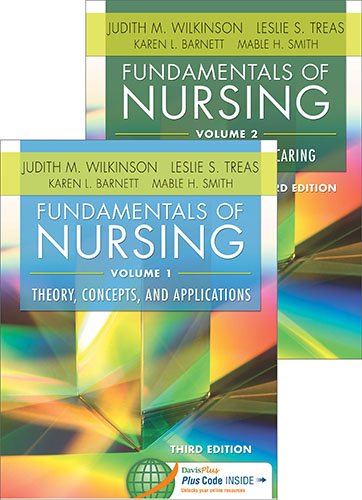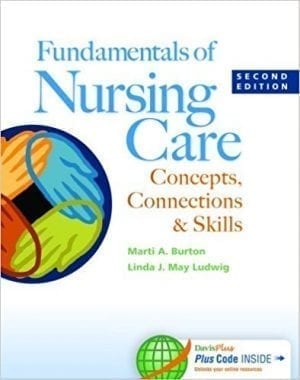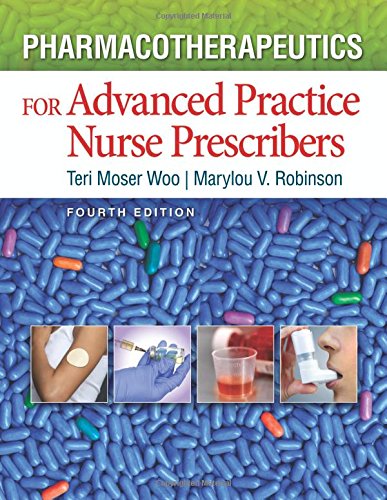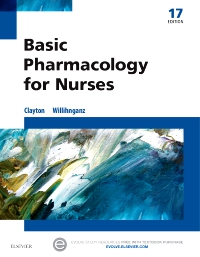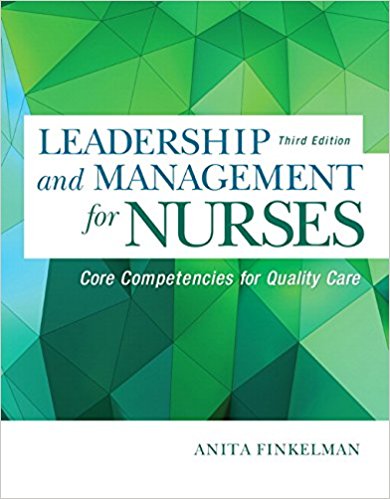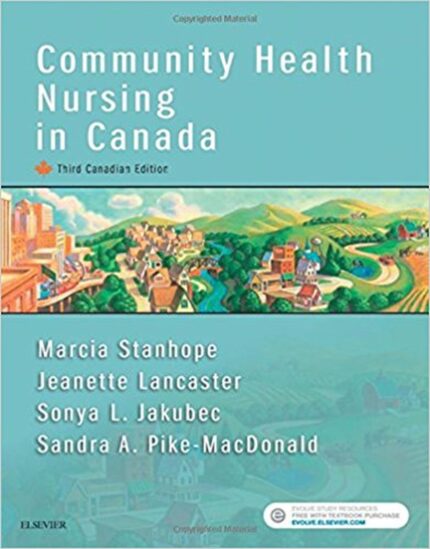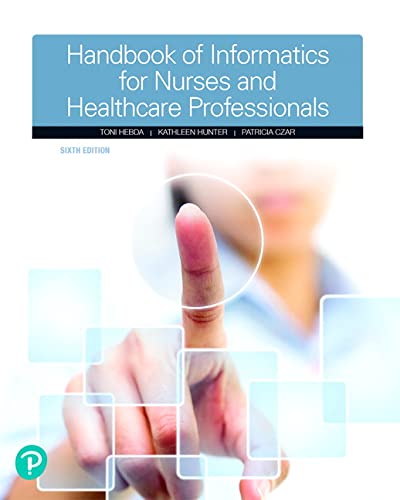Test Bank for Fundamentals of Nursing 3rd Edition by Wilkinson
Chapter 1. Evolution of Nursing Thought & Action
MULTIPLE CHOICE
- Which of the following is an example of an illness prevention activity?
| a. | Encouraging the use of a food diary |
| b. | Joining a cancer support group |
| c. | Administering immunization for HPV |
| d. | Teaching a diabetic patient about his diet |
ANS: C
Administering immunization for HPV is an example of illness prevention. Although cancer is a disease, it is assumed that a person joining a support group would already have the disease; therefore, it would be treatment and not disease prevention. Illness prevention activities focus on avoiding a specific disease. A food diary is a health promotion activity. Teaching a diabetic patient about diet is a treatment for diabetes; the patient already has diabetes, so the teaching cannot prevent diabetes.
Difficulty: Moderate
Client Need: Health Promotion and Maintenance
Cognitive Level: Application
Page 15
PTS: 1
- Which organization can require nurses to take continuing education courses as a condition of licensure renewal?
| a. | American Nurses Association |
| b. | National League for Nursing |
| c. | Sigma Theta Tau |
| d. | State Board of Nursing |
ANS: D
Continuing education is a professional strategy designed to ensure that nurses remain current in their clinical knowledge. Many states require nurses to engage in a certain number of continuing-education requirements to renew their license. The knowledge gained in the nursing curriculum is sufficient for nursing school graduates to obtain their initial license. Requirements for renewal of a nurse’s license can be found in the state’s nurse practice act (state board of nursing).
Difficulty: Difficult
Cognitive Level: Analysis
Client Need: Health Promotion and Maintenance
Cognitive Level: Application
Page 11
PTS: 1
- An experienced seasoned nurse uses her knowledge of patient medical conditions and intuition to identify patient problems. She is often the resource for other nurses on the unit. What stage of proficiency has this nurse achieved?
| a. | Novice |
| b. | Advanced beginner |
| c. | Competent |
| d. | Expert |
ANS: D
The nurse who has reached the expert stage of proficiency has a deep understanding of the clinical situation based on knowledge and experience. The nurse often senses a potential problem in the absence of classic signs and symptoms. The novice nurse is inexperienced and relies on rules and processes. The advanced beginner focuses on aspects of a situation and is unable to see the comprehensive perspective. A nurse functioning at the competent level is able to prioritize to meet the patient needs but does not fully grasp the total situation.
Difficulty: Moderate
Cognitive Level: Comprehension
Pages 11-12
PTS: 1
- Which of the following best explains the importance of standards of practice?
| a. | Nurses and other healthcare providers have the same standards of practice. |
| b. | Standard of practice only apply to nurses who work in hospital settings. |
| c. | Standards of practice identify the knowledge, skills, and attitudes nurses need to provide safe care. |
| d. | Standards of practice differ among registered nurses because the roles are different based on the population they serve. |
ANS: C
Standards of practice are authoritative statements of the duties that all registered nurses, regardless of role, population, or specialty, are expected to perform competently. Standards are derived from several sources, including professional organizations and healthcare facilities’ policies and procedures.
Difficulty: Moderate
Cognitive Level: Application
Pages 12-13
PTS: 1
- What is the primary goal of the National League for Nursing?
| a. | Advocate for the needs of registered nurses to promote patient safety |
| b. | Establish and maintain standards for nursing education |
| c. | Support global health policies and improve health worldwide |
| d. | Foster nursing scholarship, leadership, and service to improve health worldwide |
ANS: B
The National League for Nursing (NLN) was founded to establish and maintain a universal standard of nursing education. The NLN focuses on faculty development in nursing education programs and is the voice for nursing education.
Difficulty: Moderate
Cognitive Level: Application
Page 14
PTS: 1
- A patient who requires long-term rehabilitation needs which type of care?
| a. | Primary care |
| b. | Secondary care |
| c. | Tertiary care |
| d. | Preventive care |
ANS: C
Tertiary care is required for individuals who need long-term care or for those who are dying.
Difficulty: Easy
Cognitive Level: Knowledge
Page 18
PTS: 1
- An elderly patient is covered under Medicare. She is scheduled for discharge and tells the nursing student that several therapists will come to her home to help her regain functional abilities. The patient then asks, “Why can’t I just stay in the hospital and receive this type of care?” What is the nursing student’s best response?
| a. | “You should be able to stay in the hospital. I will ask the nurse to call your doctor.” |
| b. | “Once you have reached your reimbursable length of stay and your condition is stable, it is more cost effective to provide you with home healthcare.” |
| c. | “Medicare is a type of managed care, which mean that you are only allowed to stay in the hospital for a certain number of days before being discharged, regardless of your condition.” |
| d. | “You should be glad to be in your own home. You will recover in no time.” |
ANS: B
Home healthcare services are provided to patients who still require skilled care but are discharged from the hospital because the reimbursable length-of-stay has expired. The patient is stable and can receive provider services at home. It would be incorrect and misleading to tell the patient she “should be able to stay in the hospital.” It would be incorrect to tell the patient she is allowed only “a certain number of days before being discharged,” because the patient’s condition is a factor in determining whether the patient can be discharged from the hospital. Telling the patient that she should be glad to be going home is a form of closed communication and does not address her question.
Difficulty: Moderate

